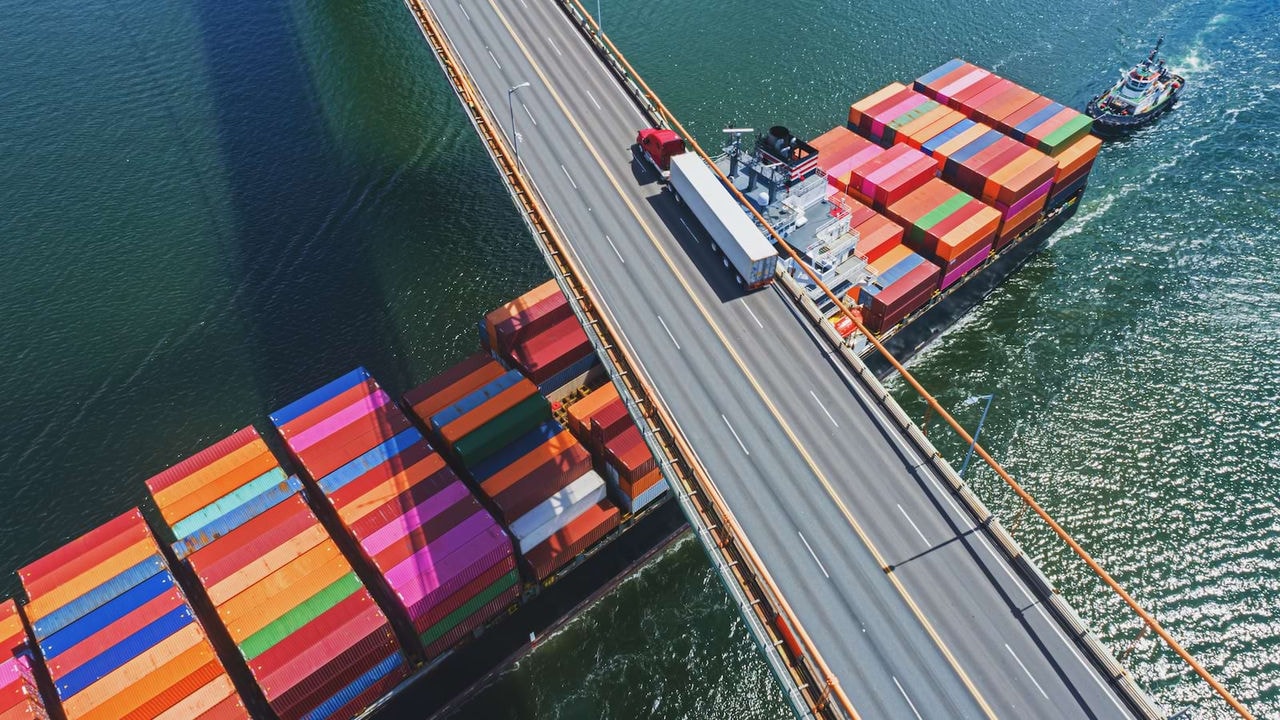
Turning the potential chain of knock-out effects into opportunities for sustainable success
Sustainability in value and supply chains

A potential chain of knock-out effects — And opportunities
Closing the loop for resources; tackling scope 3 in net zero strategies; the creation of resilient markets (e.g. food systems); modern slavery and deforestation; product passports resources at batch level and for the final products; transparency and traceability on the ESG performance of products, processes and operations; supply chain due diligence obligations ... They all have one thing in common: they could all be happening within the very same value chain of a specific company active in a specific market.

Global and regional value chains can be very complex depending on the commodity or product. The chain can run through several/many countries and markets with different and sometimes conflicting rules and regulations as well as diverging governance models. Millions of stakeholders may be involved, potentially with diverse access to, ability and willingness to use technology, with no structural access to capital to survive, grow and prosper in, for example, the Green Deal world outside of the EU, with exclusion and discrepancies in access to markets, and so on.
- Co-responsibility within the value chain
- Opportunities for collaboration
Co-responsibility within the value chain
Moreover, regulatory developments in the EU will make a company co-responsible for the ESG performance and behaviour of each player upstream and downstream of itself on the supply chain. Your commodity or product could be banned or seized, and you could incur huge fines (up to 8% of your global annual turnover, depending on the regulation and the infraction) in the event of malpractice or illegal activities undertaken by people, known or unknown, who are active in the supply chain of the commodity or product you received.
This co-responsibility entails going beyond one arm’s length of control: leaving it up to the next one in the chain is not the right choice anymore. Buying products and commodities with a certificate is not enough either. These are merely indications of nothing more than good practice.
Opportunities for collaboration
Tackling all this from a single company perspective can be enormously challenging. For large entities with multiple resources, commodities and products it could prove extremely costly, inefficient and ineffective, even impossible. That’s why structural collaborative models across the value chain are the key to successfully turning those challenges around and harnessing the opportunities.
To close the gaps in the net, the creation of such collaborative models will require alignment and cooperation between companies, governments and other relevant stakeholders. Collaboration could be through alliances and partnerships, ecosystems, joint development of regulatory instruments, compliance and governance models, joint ventures, etc.
Being part of such a successful structural sustainable value chain will not only support you against damaging allegations and events, and provide end-to-end transparency and traceability. It will also enable you to:
enhance trust among your customers and governments
create opportunities for the set-up of additional profit pools
realise sustainable development goals (SDGs)
effectively reduce operational and compliance costs
enable higher yields (for instance in the case of agribusiness) through joint and structural capability development and funding mechanisms
build and enable sustainable resilience in currently vulnerable markets
increase shared value across the value chain.
All of this contributes to shifting the licence to operate from one single company to the level of the value chain.
What can you do to optimise value chains in transition?
Different businesses – and value chains – require different actions and instruments to ensure that their competitiveness and resilience are sustained and their business targets are realised.
Circular economy
The art of navigating high-pace resource disruptions in the world today
Sustainable value chain strategy and transformation is NOT (just) about implementing sustainability measures. It is first of all about sustainable access to markets, resilience and competitiveness of the fittest through long term partnerships.
Use our global resources to see the big picture
We assist you in the design, transformation and optimisation of the performance of your business and related value chains from strategy until execution. We do this to define and realise your business targets and objectives, integrating and mainstreaming the relevant business ESG opportunities and challenges across your value chain in an efficient and effective way. This implies amongst other:

to assist you in your ESG connected business target setting and strategy development:
- • Risk and opportunity analysis of market characteristics and their forecast (ao quantitative and qualitative supply and demand market analysis, benchmarking; etc.)
- • Risk and opportunity analysis of the regulatory and governance frameworks
- • ESG related tax impact analysis and optimization of products and value chain (eg CBAM; plastic tax)
- • Scenario development from all relevant dimensions to come to integrated strategic viable scenarios for your purpose.
to assist you in your target realisation and strategy implementation:
- • Development of business case and proof of concept
- • Integrating and roll out of chosen strategy
- • Envisioning, development and structuring of value chain wide alliances
- • Construction of control tower mechanisms
- • Assistance in running, managing and improving programs and control tower operations
- • Development of performance measurement and management models, tools and instruments
- • Integration and development of digital tools for the various functions and objectives
- • Assistance in the development of governance, financing (incl tax) and control mechanisms
- • Assistance in searching and obtaining grants, subsidies and funding from third parties
- • Compliance and performance reporting
Contact us


Christoph Vanderstricht
rbr Expert Circular Economy & Sustainable Value Chains | Strategy & Transformation, PwC Belgium
Tel: +32 477 61 92 52











